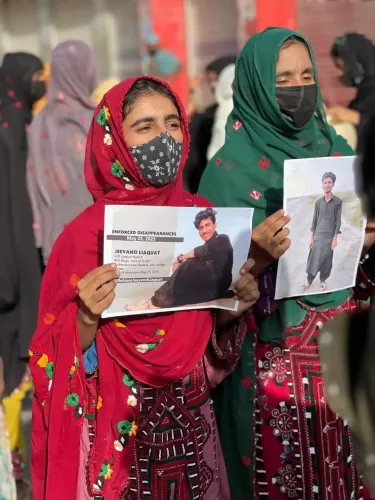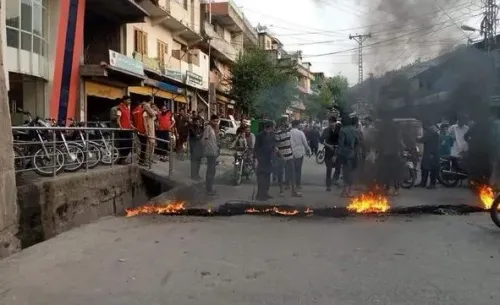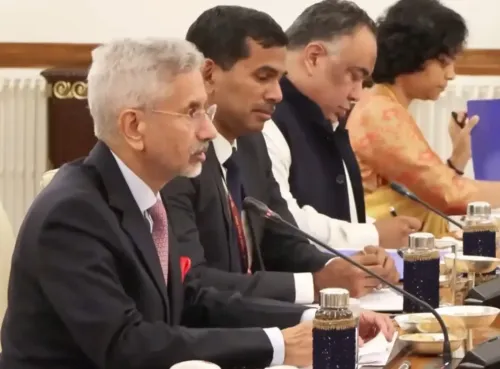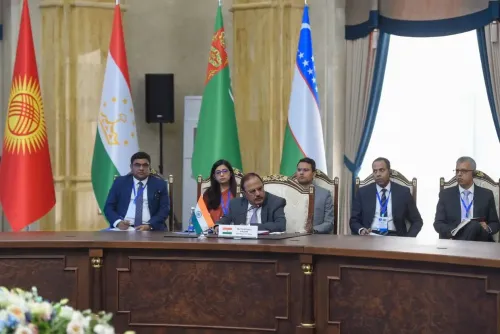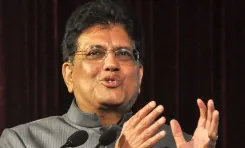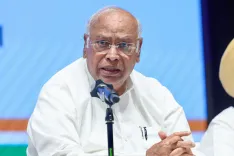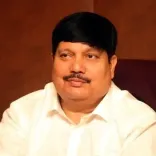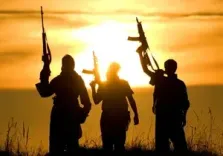Does the UNSC's Decision to Conclude Lebanon Peacekeeping Mark a New Era?
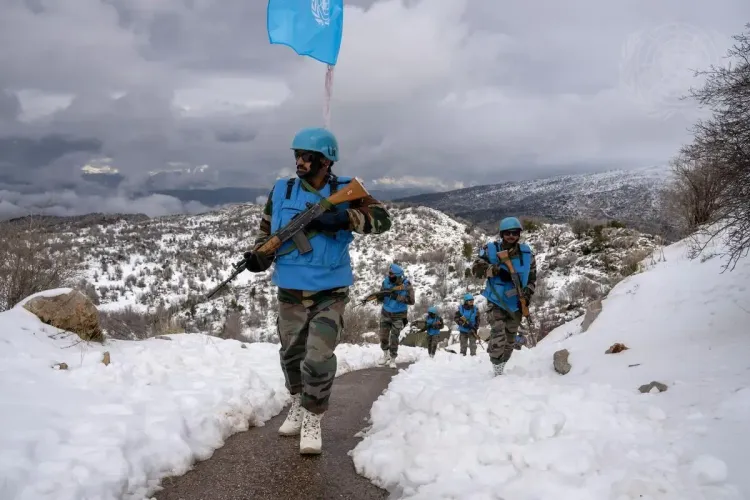
Synopsis
Key Takeaways
- UN Security Council has decided to conclude peacekeeping in Lebanon.
- UNIFIL's mandate extended for the final time until end of 2026.
- There are currently 10,800 peacekeepers, including 903 from India.
- Challenges persist with Hezbollah and Israeli tensions.
- Importance of supporting Lebanese government emphasized.
United Nations, Aug 29 (NationPress) The UN Security Council has taken the decision to conclude the peacekeeping operations in Lebanon, where nearly 1,000 Indian troops are currently stationed.
The Council voted on Thursday to terminate the UN Interim Force in Lebanon (UNIFIL) within two years, as it has faced challenges in maintaining peace in southern Lebanon, where Israel and Hezbollah are in conflict, while the fragile Lebanese military finds itself in a difficult position.
UNIFIL, established 47 years ago, has had its mandate extended one final time until the end of 2026, allowing for an additional year to ensure a safe and orderly withdrawal of its operations.
Currently, there are 10,800 peacekeepers within UNIFIL, including 903 from India.
This resolution for extending the mandate was carefully formulated by France to circumvent a potential US veto that might mirror Israel’s disapproval of UNIFIL.
Jay Dharmadikari, Charge d'Affaires of the French Mission, expressed support for this limited extension, stating: "Any premature withdrawal would have hampered, undermined, or even weakened the Lebanese government’s efforts."
He emphasized, "This crucial period will be essential to bolster the Lebanese Armed Forces and reinforce the authority of the Lebanese state across its territory, especially as the situation remains delicate."
Acting US Permanent Representative Dorothy Shea remarked: "This will be the last time the United States supports an extension of UNIFIL."
UNIFIL facilities have faced attacks from Israel, which claims it is targeting Hezbollah while criticizing the peacekeepers for their ineffectiveness.
Hezbollah, backed by Iran, has also challenged UNIFIL and conducted operations within the areas under its surveillance.
Established by the Council in 1978, UNIFIL was tasked with monitoring the withdrawal of Israeli forces from southern Lebanon and assisting the Lebanese government in re-establishing its authority in the region.
Israel’s Permanent Ambassador to the UN asserted that UNIFIL has "failed" and that "Hezbollah has taken control of the area."
He stated, "Today, the Lebanese government bears the responsibility to reclaim authority over the region, ensuring that it is under their control and not that of Hezbollah or any other group."
Recent Israeli operations have targeted Hezbollah, successfully pushing back its positions, as actions intensified following the Hamas terrorist attack on Israel in 2023.
Notably, two Indians, Brigadier Ganesan Athmanathan and Major General Lalit Mohan Tewari, led the force during the early 2000s.

